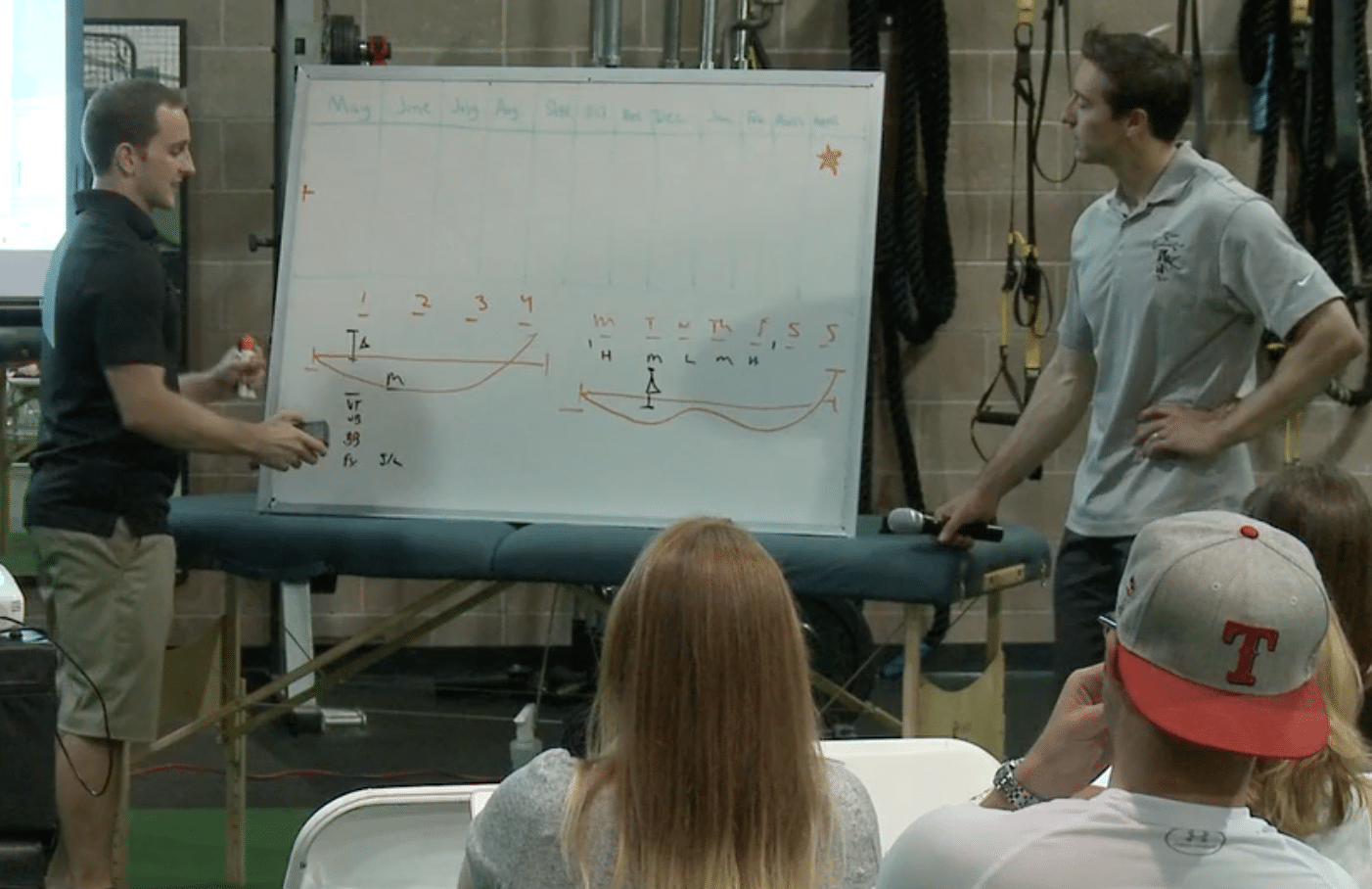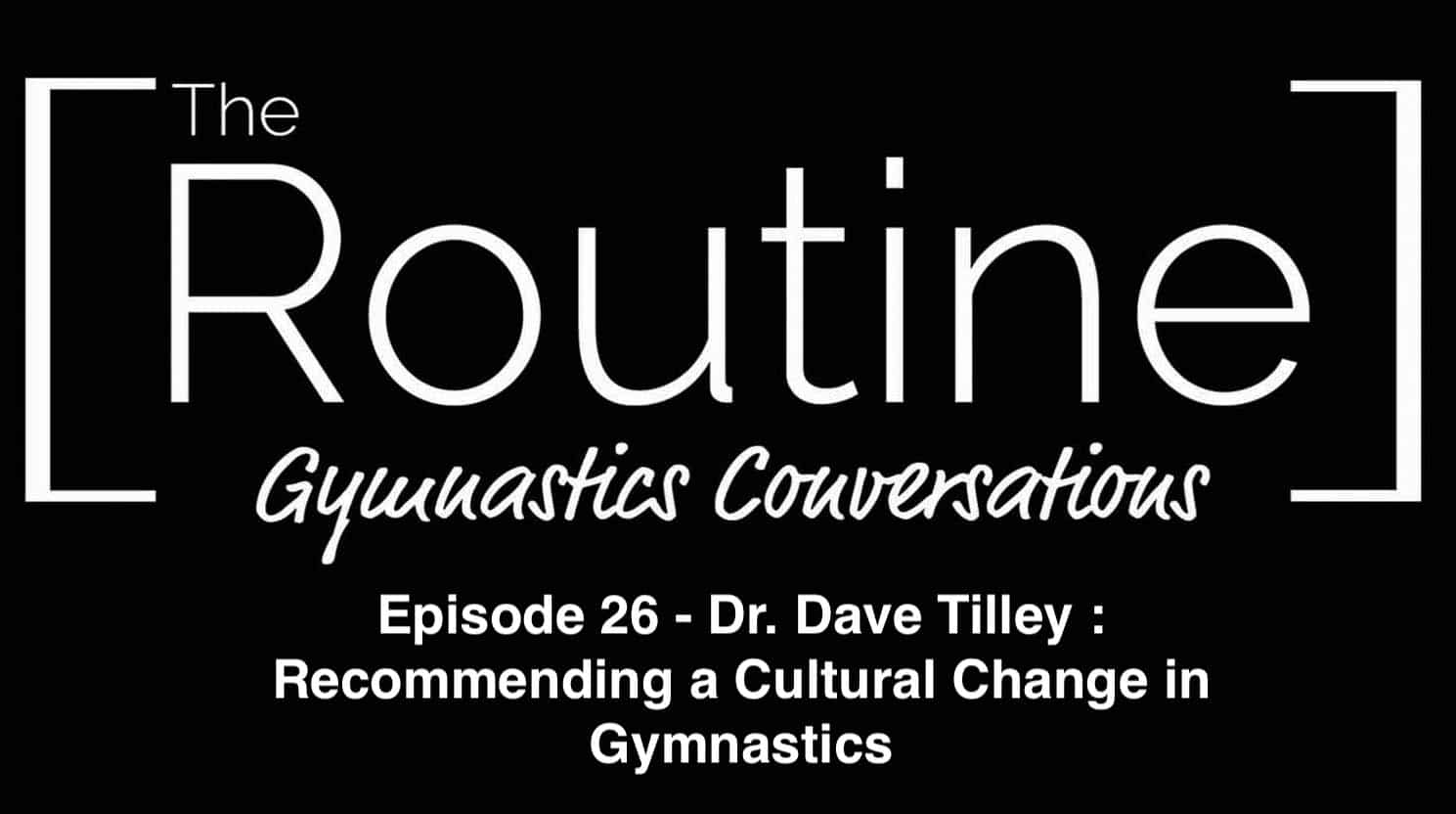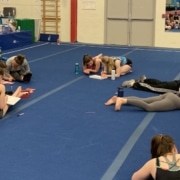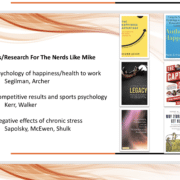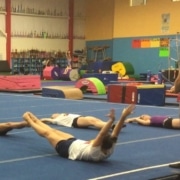Helping Gymnastics Coaches Stay Happy In The Gym and Change Their Cultures
If there is one thing that I know all gymnastics coaches deal with, it’s frustration and times of burnout. I have delt with it, I’ve seen coaches I work with deal with it, and I know for a fact it’s one of the number one things people tell me when traveling for consulting.
Many coaches have very real reasons for it as well. The hours of coaching can be brutal, the pay can be less than ideal, during the year your are forced to work weekends, some parents/gymnasts can be really tough to work with, and above all many times the gym that coaches are working in has a really toxic culture. All of these things can create low motivation to work, feeling really overwhelmed, and increasing levels of burnout.
In today’s podcast, I talk with one of my very good friends Vanessa McCoy about how coaches can be happier at work, and what coaches can do to help build a gym culture that makes everyone’s level of happiness/productivity increase. Vanessa is the owner of Peak Gymnastics and Fitness in Michigan, was a former high-level gymnast before an elbow OCD injury forced her to retire, is currently a very high-level Olympic Weightlifter, and works with a large staff of gymnastics coaches at her facility.
We talk about
- Common problems that gymnastics coaches experience related to low motivation and burnout
- How coaches can approach change when other coaches or gym owners are stuck in old school habits
- How to discuss topics like motivation, nutrition, and work ethic with gymnasts
- How to discuss these topics with parents
- How to approach your gym owner about being happier with coaching
- How to start building ‘new school’ changes like weightlifting and new education into your program
This is a really amazing episode, and I can’t thank Vanessa enough for joining me.
How To Be Happier Coaching and Change Your Gym’s Culture
with Vanessa McCoy

I hope you enjoy the episode and hope you have a great week!
– Dave
Dr. Dave Tilley DPT, SCS, CSCS
CEO/Founder of SHIFT Movement Science





